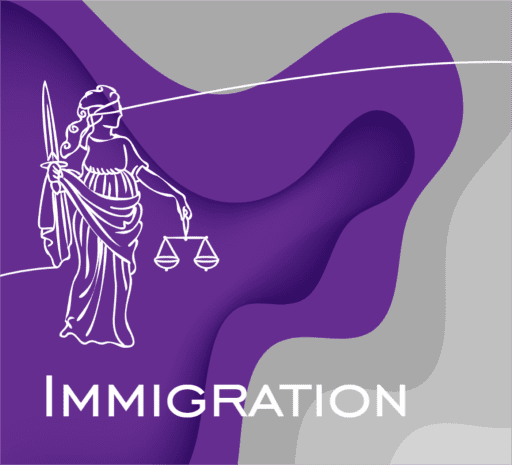Under UK immigration law, an adult dependant is defined as an individual aged 18 years or over who is unable to undertake normal activities without assistance. As a result, such an individual is unable to live alone and provide their own care. While a dependant adult can technically be any individual who cannot care for themselves, the official definition outlined in UK immigration policy narrows the field to “an adult who as a result of age, illness or disability, they require a level of long-term personal care that can only be provided in the UK by their relative in the UK and without recourse to public funds.”
Applications for adult dependant relative visa from within the country are not accepted by the Home Office. As a result, the issuing of adult dependant relative visas is also referred to as “Entry Clearance as an Adult Dependant Relative.” When an individual is granted entry to the UK under the scheme, they have the option to extend their leave to remain in line with their sponsor’s status.
The introduction of new legislation in July 2012 extended existing policy to enable the elderly grandparents and parents of settled individuals in the UK to join their families/sponsors respectively. In order to qualify under the new adult dependant relative visa scheme, the applicant (the adult dependant) must:
- Require long-term personal care. The care required must be the result of the respective individual’s disability, illness or old age. Personal care is defined as essential daily duties such as personal hygiene and grooming requirements, cooking, dressing and general domestic duties. By ‘long-term’, the legislation means indefinitely.
- Require care that the sponsor must provide physically. It must also be deemed necessary for the sponsor to personally provide the care required physically. They must not have the option of organising and paying for the required care to be provided by another capable party in the applicant’s country of residence. The most common justification being insufficient funds to cover the costs.
- Provide evidence of accommodation and maintenance. The adult dependant is required to provide detailed evidence of the accommodation and maintenance (finances) to facilitate their stay, with no requirement for claiming benefits. Their sponsor will usually be required to sign a five-year contract to cover their requirements accordingly.
- Have no recent convictions. The applicant must not have been convicted of any crime whatsoever within the seven years running up to the date of their application.
Entry Clearance for Adult Dependants Under the Age of 65
For an adult dependant relative under the age of 65 to qualify for an adult dependant relative visa, it is necessary to provide evidence of “exceptional compassionate circumstances” as to why they cannot continue their life in their country of origin.
As the exact definition of “exceptional compassionate circumstances” is highly subjective, each case is analysed and considered in accordance with its individual merit. There are often strong disagreements between judges and clearance officers on what qualifies as “exceptional”, which can make it a challenging requirement to fulfil.
Realistically, the applicant should be able to prove that they are living in vulnerable and potentially life-threatening circumstances, with nobody available to care for them and insufficient funds to pay for professional care.
Cases based on “exceptional compassionate circumstances” for adults over the age of 65 may also be considered, though once again are at the mercy of the scrutiny of the Entrance Clearance Officer and/or judge.
Evidence Required for an Adult Dependant Relative Visa
- Proof of family relationship to confirm the connection between the sponsor and the applicant.
- Evidence of the applicant’s requirement for immediate and indefinite personal care.
- Financial evidence to demonstrate the sponsor’s capacity to support the applicant financially, without resorting to benefit claims.
- Details of any previous care arrangements for the applicant and an explanation as to why they are not suitable.
- Financial records to prove that the applicant is not able to cover the costs of professional care in their country of residence.
Please note that where insufficient evidence is provided to support an application, the risk of rejection is high. In addition, failure to provide sufficient evidence at the initial application stage can lead to further complications with subsequent appeals.
A Complex and Contentious System
The UK’s current immigration policy regarding adult dependants is a subject of intensive scrutiny and criticism. With such a lack of clear definition as to what constitutes “exceptional compassionate circumstances”, applications are at the mercy of the individuals selected to screen them. As a result, less than 35 visas within this category are issued on average per year.
In order to ensure your application and any subsequent appeals are given fair consideration, we strongly advise seeking expert legal support from the earliest possible stage. However complex your case may be, you can count on the committed support, consultancy and representation of Aristone Solicitors from start to finish. With our help, your visa application will be supported by the compelling and complete evidence needed to verify your eligibility. Contact a member of our individual immigration team today to organise your obligation-free consultation.


